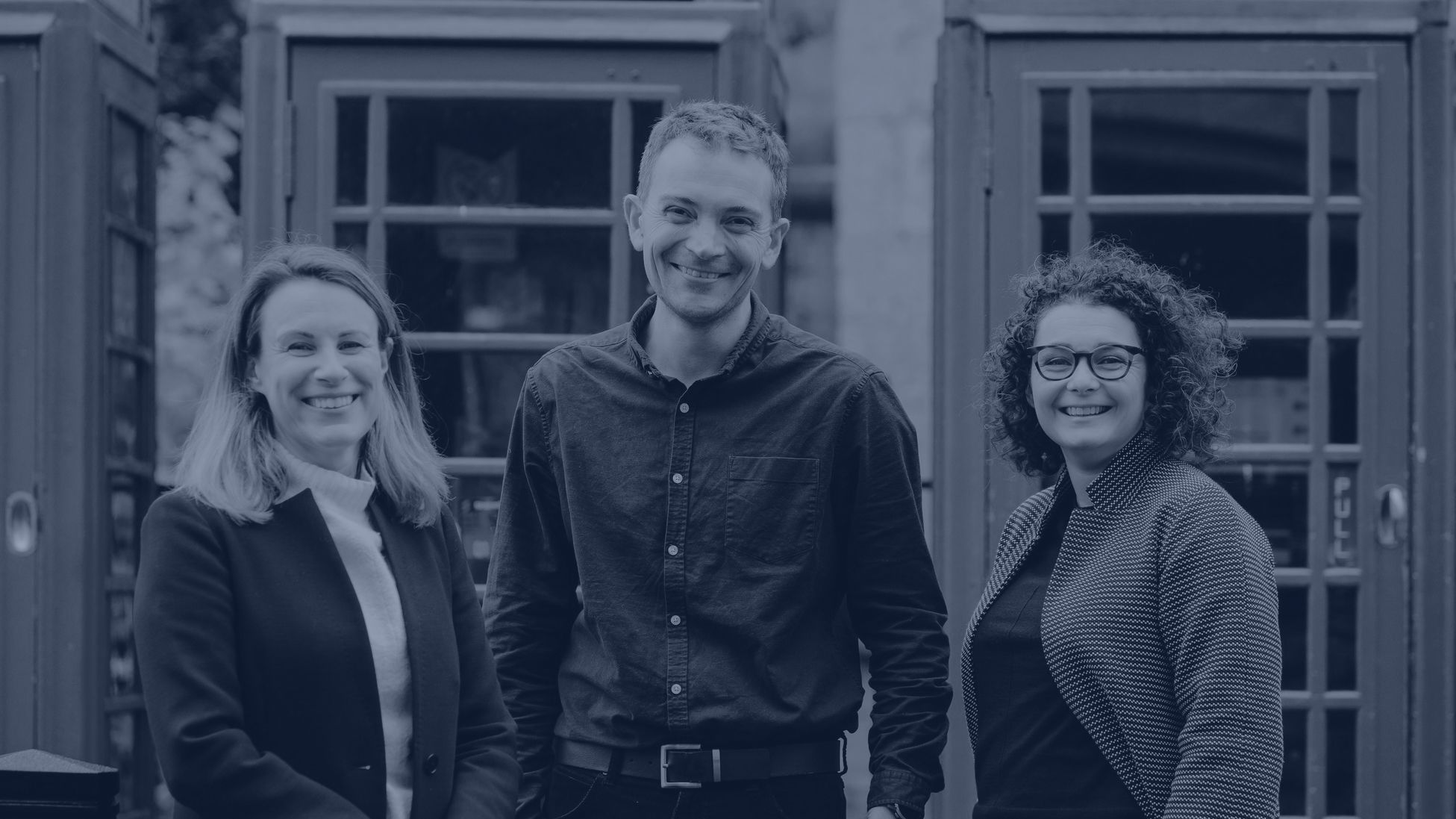New centre to foster global conversations about ethical issues raised by science

The University of Cambridge is announcing the launch of a new research centre, the Kavli Centre for Ethics, Science, and the Public, based at the Faculty of Education, to engage publics and scientists with the ethical implications of scientific discovery and its impact on society
Major scientific breakthroughs deepen our understanding of nature and ourselves. Such discoveries have the potential to transform our everyday lives.
Yet the same science that holds promise for progress often raises concerns and questions for society.
Who bears responsibility for the societal and ethical implications of scientific discoveries? When and how should wider public views be brought into discussion about the direction of scientific research, its benefits and risks? How can members of the public, ethicists and scientists be empowered to take part in meaningful and constructive dialogue? And what can we do to help researchers negotiate a path through these complexities?
The new Kavli Centre for Ethics, Science, and the Public at the Faculty of Education, University of Cambridge will tackle these critical questions.

L-R: Centre leaders Anna Middleton, Richard Milne and Catherine Galloway
L-R: Centre leaders Anna Middleton, Richard Milne and Catherine Galloway
Announcing the launch today, Professor Anna Middleton, inaugural Director of the Kavli Centre for Ethics, Science, and the Public at the University of Cambridge, said, “From the discovery of DNA to the development of the first AI, and to the sequencing of 20% of the world’s covid virus today, Cambridge is at the cutting edge of science, and has been for centuries. This is truly a place where the big questions get explored. Through collaboration with experts in popular culture we will find the evidence base to drive conversations with everyday people around the ethical issues raised by science, so that all of us can share in decision making around the implications of science for society.”
The Kavli Centre will foster global conversations and pursue fundamentally new ways to build and create new spaces and mechanisms for interaction on the ethical issues associated with scientific discovery. It will create a programme of innovative research and public engagement on broad scientific domains, initially focusing on three rapidly changing fields: genome editing, artificial intelligence and big data.

The Centre is a unique collaboration between the University of Cambridge and Wellcome Connecting Science, with funding from The Kavli Foundation. Building on the close relationship between the University and Wellcome Connecting Science, it will work with international partners and have a global view.
“This is an exciting and innovative endeavour,” said Cynthia Friend, President of the Kavli Foundation. “Ensuring the public is meaningfully involved in ethical considerations born from scientific discovery is important. The vision, creativity, and global community of the Cambridge team impressed us.”
Alongside inaugural Director Professor Anna Middleton, the Kavli Centre will be supported by Dr. Richard Milne as Deputy Director and Lead for Research, and Dr. Catherine Galloway as Lead for Innovation and Translation.
The Kavli Centre for Ethics, Science, and the Public will be hosted within the University of Cambridge’s Faculty of Education as its primary base, with a physical presence at Wellcome Connecting Science premises on the Wellcome Genome Campus near Cambridge.
Today also sees the launch of a sister Kavli Center for Ethics, Science, and the Public at UC Berkeley in the United States. With a similar mission but an independent programme to its Cambridge counterpart, the Berkeley centre will initially address artificial intelligence, genome editing and neuroscience. The two centres may collaborate on key projects or events.
For further information about the new Centre, visit: https://kcesp.ac.uk/

